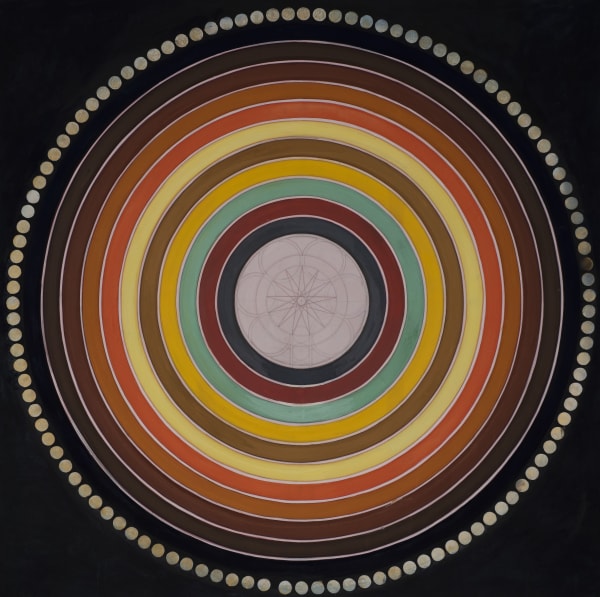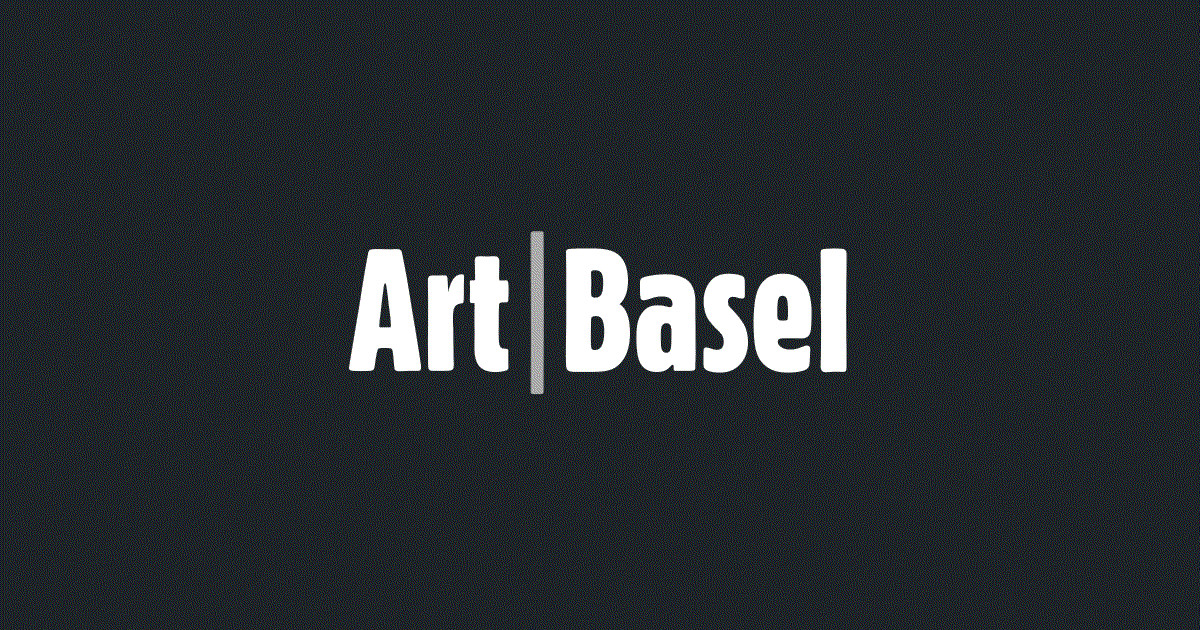Online Viewing Rooms
Public days: June 17 - 19, 2021
VIP Preview: June 16 - 18, 2021
As one investigates Desmond Lazaro’s artistic journey, much of it is through map-making – exploring both his personal mapping, and one that has also transcended into the journeys of explorers, star maps and the wider cosmos – Lazaro continually looks into how we reimagine the universe within our own microcosmic journey.
Desmond Lazaro's experience during the current pandemic began with an entirely new migratory move, as if the last 25 years were not frenetic enough (and before that generations of his forefather’s migratory movements). His art practice is the ground upon which each of these life stories are embedded: identity, migration, and the geographical and historical journeys where his family's histories are charted. But 2019-2020 was an entirely new shift. Lazaro migrated from India to Australia. Between the isolation that the pandemic brought with it and isolation of being in a new continent - a small country town near Melbourne - it was as if life was starting all over again.
An almost deafening silence - despite a raging world - centered him, diving deep into the fabric of the cosmos. He studied the labyrinth at Chartres Cathedral, a cosmological diagram that envisages the seven visible planets as a series of concentric circles, a pathway for any pilgrim (in any era). Considering this inner journey through the prism of Newtonian physics, Father Angelo Secchi, light spectrum, the stargazing of William & Carol Herschel, to Indian mythology of the Vastu Purusha Mandala (the Cosmic Being). No matter which period, each cosmology or scientific discovery stands on the cusp of the traditional and contemporary worlds, fathoming one and inadvertently shaping the other.
Like an obsessed scientist Lazaro made copious notes, these notes remain to be diary/notebook entries that are not just textual, but are replete with colour bands, geometrical diagrams, jottings that encompass mathematics, science and art. The diaries are as much an artwork as the final product of Lazaro's practice.
Lazaro's early beginnings were that of a miniature artist. His practice involved the making of hand-ground pigments from the earth. The Cosmos project is a return to such origins as he makes a relationship between representation and symbolism. Referencing early medieval manuscripts illustrating Ptolemy’s geo(earth) centric views of the heavens, he found each concentric circle represented a visible planet.
For an artist whose primary ingredient has been colour – the combination of his ongoing research with planetary systems was a coming together of two forces in the world that Lazaro orbited around. According to Hermetic alchemical traditions, the earthy (metal) pigment colours symbolise the seven visible planets. The colour chart would thus be: Moon (Silver), Mercury (Quicksilver/ Vermillion - Red), Venus (Copper/ Azurite -Blue, Malachite, Chrysocolla Verdigris and Green), Sun (Gold), Mars (Iron/ Terre Verte – Dark Green, Burnt Umber, Raw Umber, Burnt Sienna, Raw Sienna, Yellow Ochre -Brown), Jupiter (Tin/Lead Tin) and Saturn (Minium, Masicot & Lead White).
In this ongoing series centered around Cosmology, we have selected 8 works for the Art Basel Portal that represent this current body of work and its trajectory in the past year. The eight works: (1) Ptolemy’s, The Dimensions of Paradise, (2) Moons of Chartres, (3) The Transit of Venus 2004, (4) The Transit of Venus: 1874, (5) Herschel’s Galaxy I, (6) Herschel’s Galaxy III, Venus Transit, (7) The Endeavour and (8) Purusha IIII) consider this investigation appearing in chronological order as made by the artist, oscillating his research between traditional and contemporary images of the Universe and inevitably our relationship to it.


